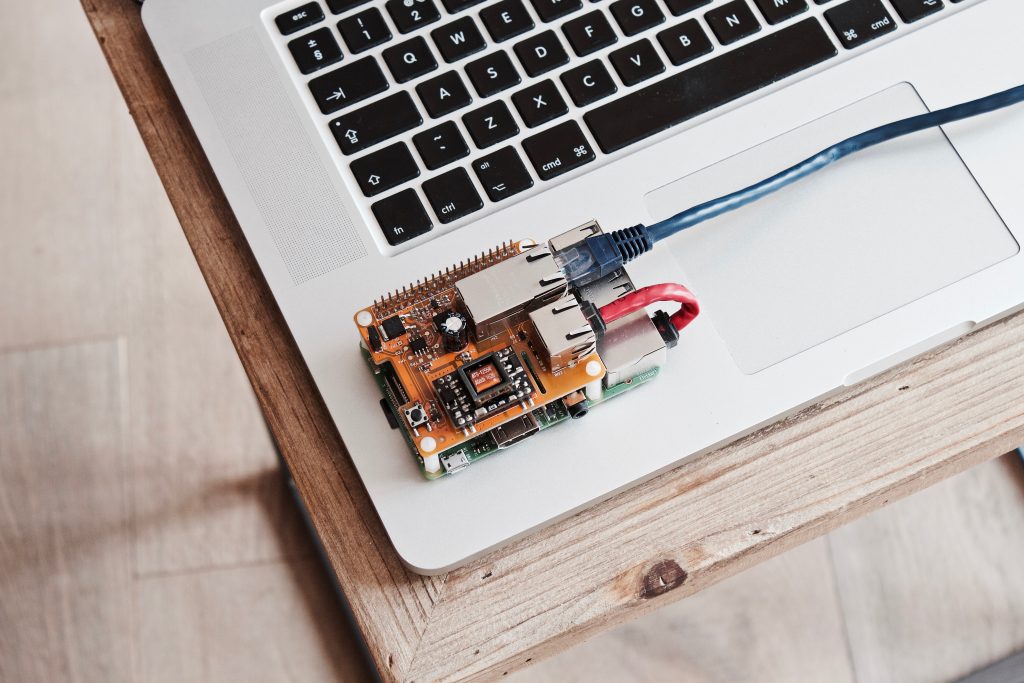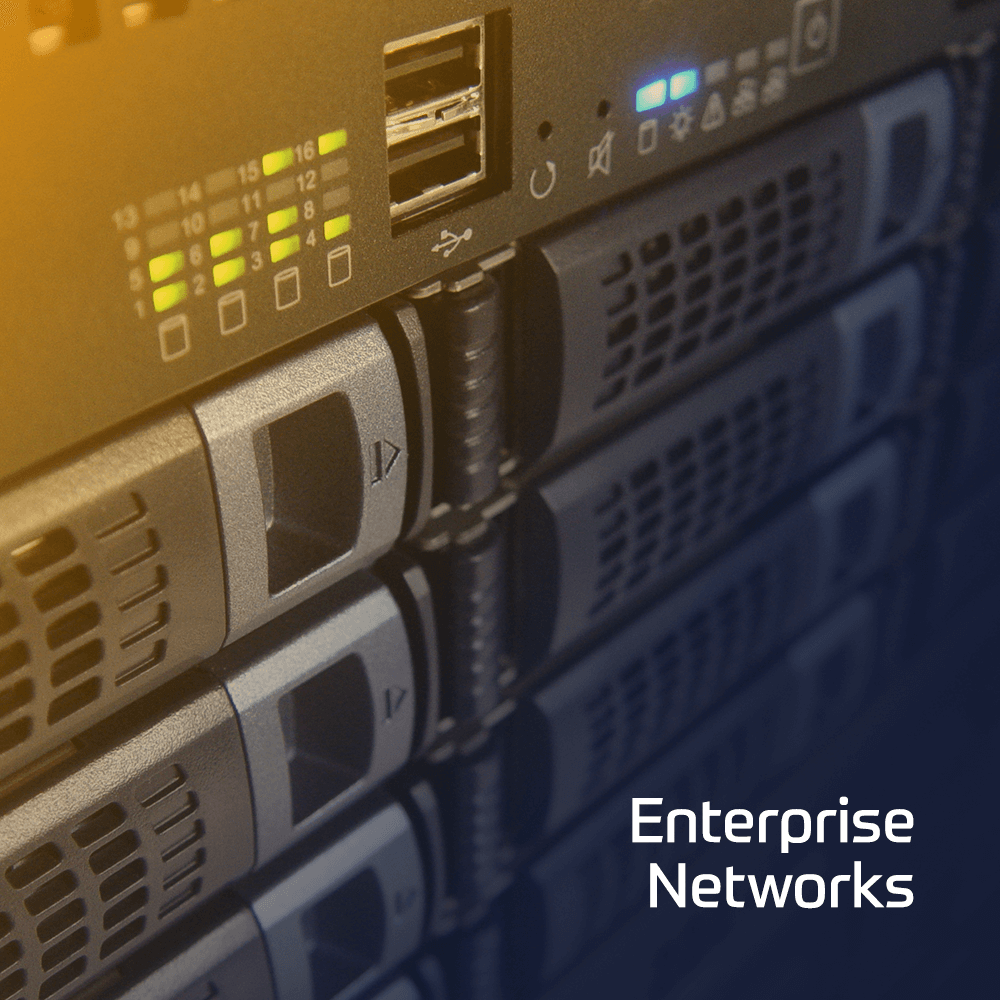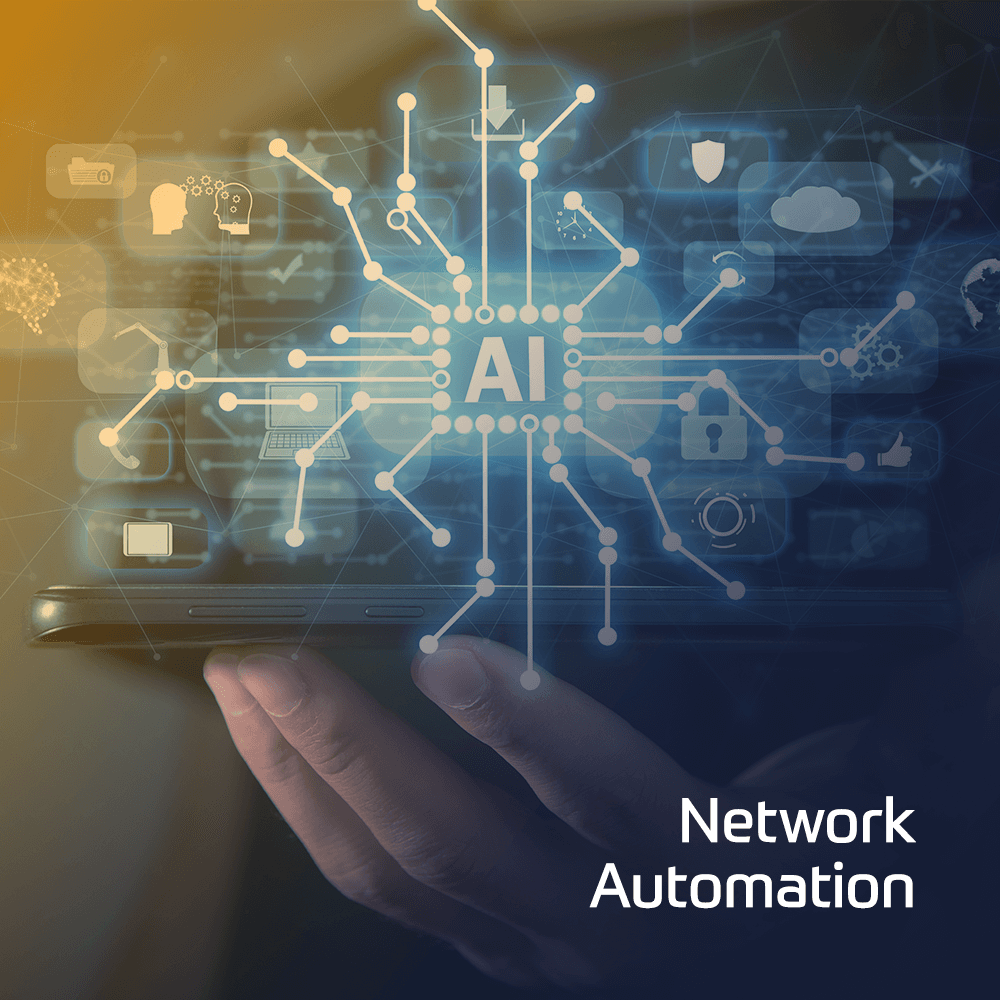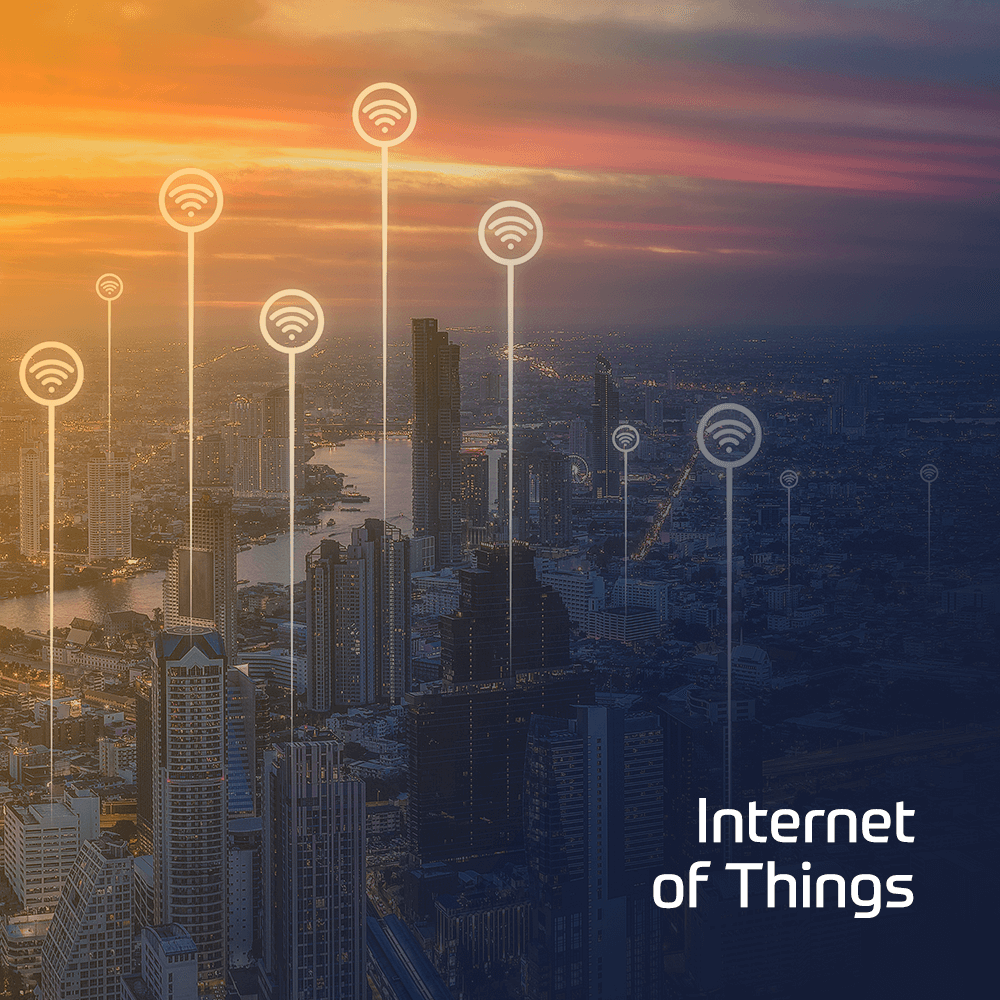Best IoT (Internet of Things) training for beginners
There is no doubt that the increasing number of connected devices is affecting every single industry. The IoT (Internet of Things) is transforming the way we live and it is creating new opportunities for innovation.
For those reasons, businesses are interested in hiring the most talented IoT professionals when it comes to the ever-growing network of physical objects.

In order to succeed, we need to embrace opportunities for growth. For instance, taking advanced IoT training courses and building your certification portfolio are great ways to stand out from the rest of the IT crowd.
There are many certifications to strengthen your IoT skills, however, it’s not always easy to find technical training that provides real value for a career in IoT.
With that in mind, this list presents some of the most requested courses and certifications available to meet specific IoT requirements:
1. A developer’s guide to the Internet of Things (IoT) | Coursera + IMB
Duration: 30 hours
Level: Beginner
Price: Free
This course is an entry-level introduction to developing and deploying IoT solutions. Besides, you will learn about Node.Js, Internet of Things (IoT), Node-Red and IBM Cloud.
Note that you should have software programming skills. Learners without those skills will find the assignments challenging.

2. Developing IoT Solutions with Azure IoT | edX
Duration: 4 weeks
Level: Beginner
Price: Free
This course will show you how businesses around the world are implementing IoT solutions. Additionally, it will teach you the basics of IoT development, data analysis and remote device management. In the end, you will learn how to configure and implement your own end-to-end IoT solution using Microsoft Azure technologies.
Note that basic programming skills are required. Besides, experience in C, Java, JavaScript, C# Raspberry Pi or Arduino are beneficial.

3. IoTBIZ™ – Internet Of Things
Duration: 4 hours
Level: Beginner
Price: Upon request
The Internet of Things (IoT) promises a wide range of benefits for industry, energy and utility companies, municipalities, healthcare, and consumers. Therefore, this course is relevant for business leaders, project managers, marketing, sales and for those who are seeking to grow their organisation through IoT.
Successful participants will be able to identify what IoT can do for businesses and technical challenges to address. This course will prepare students for taking the CertNexus® IoTBIZ™ credential (IOZ-110).
4. CIoTSP – Certified Internet of Things Security Practitioner | CertNexus
Duration: 3 days
Level: Beginner
Price: Upon request
This certification is relevant for network security engineers and analysts who are responsible for designing secure network environments and implementing security protocols related to IoT devices.
This program will validate that the student has the knowledge, skills and abilities to secure network environments for IoT devices, analyse threats, monitor IoT devices and respond to incidents.
Learn Microsoft Azure. Start creating and managing your connected IoT devices.

5. IMINS2 – Managing Industrial Networks for Manufacturing | Cisco
Duration: 5 days
Level: Intermediate
Price: £ 3,000
In this lab-intensive course, you will learn how to implement and troubleshoot the most common industry-standard protocols while leveraging best practices in Security and Wireless technologies for today’s industrial networks.
This course is relevant for IT and operations technology (OT) professionals as well as control engineers involved with the installation, configuration, and troubleshooting of networked industrial products and solutions.
This training is often required by manufacturing, process control, oil, gas, and other industries as applicable.
6. NPDEV – Developing with Cisco Network Programmability | Cisco
Duration: 5 days
Level: Intermediate
Price: £ 3,000
This course is relevant for software developers looking to automate network infrastructures. It is also relevant for those who utilise APIs and toolkits to interface with SDN controllers and individual devices.

 Finland
Finland Germany
Germany Denmark
Denmark Sweden
Sweden Italy
Italy Netherlands
Netherlands Norway
Norway 



























No Comments